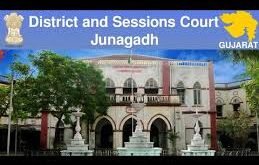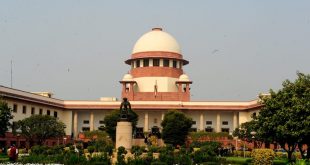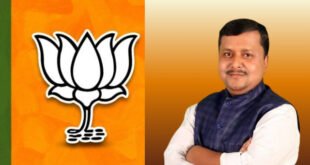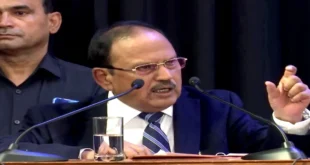Same-sex marriage: CJ DY Chandrachud said that there should be no discrimination against homosexuals. In that case, a five-member bench has issued a verdict. CJ Chandrachud read out his judgment. He said that there are differences of opinion on same-sex marriage.
 New Delhi’Oct 17 (PMI) The Supreme Court today delivered its verdict on the petitions filed seeking to legalize same-sex marriage. A five-member bench headed by CJI DY Chandrachud gave the verdict. Justice Sanjay Kishan Kaul, S Ravindra Bhatt, Hima Kohli and PS Narsimha were present on the bench along with Chandrachud. CJ Chandrachud read the verdict in the court today. Along with Justice Kaul, Justice Bhatt and Justice PS Narsimha, he said that he will pronounce the verdict on this petition.
New Delhi’Oct 17 (PMI) The Supreme Court today delivered its verdict on the petitions filed seeking to legalize same-sex marriage. A five-member bench headed by CJI DY Chandrachud gave the verdict. Justice Sanjay Kishan Kaul, S Ravindra Bhatt, Hima Kohli and PS Narsimha were present on the bench along with Chandrachud. CJ Chandrachud read the verdict in the court today. Along with Justice Kaul, Justice Bhatt and Justice PS Narsimha, he said that he will pronounce the verdict on this petition.
CJ Chandrachud said that same-sex marriage cannot be recognized in principle. He said that there are differences of opinion on same-sex marriage. CJ said that homosexuality or queerness is not just an urban practice, it is not only for the upper classes in the society. He said that the court has not made a law on same-sex marriage. He said that the notion that marriage is a fixed and unchangeable system is not correct, and if the Special Marriage Act is struck down, then the country will go back to pre-independence days. CJ suggested that changes should be made in the Special Marriage Act only through Parliament. Chandrachud said that the court will not interfere in the legislative affairs.
CJ said that discrimination on the basis of sexual orientation is not correct. He said that there is no evidence that only a married male-female couple can give stability to children. The CJ said that not providing same-sex couples with the services provided to male-female couples would be a violation of fundamental rights. The CJ said that not extending adoption rights to LGBT couples would be a violation of Article 15. The CJ said in his judgment that it is wrong to discriminate against same-sex couples on the basis of sexual orientation, and that governments should take measures not to discriminate against those persons (Press media of india)
 Pressmediaofindia
Pressmediaofindia




